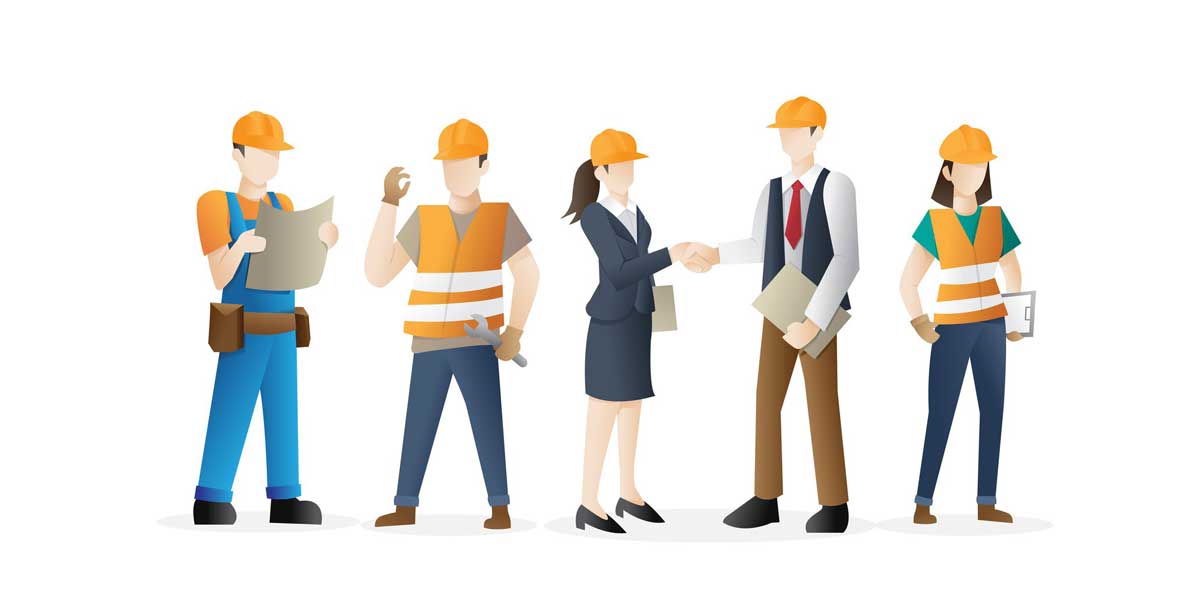The ongoing pandemic has exposed India’s pre-existing problems of inadequate formalisation of workforce, says Rituparna Chakraborty.
It was so heartening to see the first Covid-19 vaccine being administered in the UK recently. While all focus is and should be on making the vaccine available globally and get countries to become Covid-free, what amazes me is the fact that the pandemic has made us think differently, innovatively and rapidly to come out with a new vaccine, which in normal circumstances would have taken many years to develop. Are we at the middle or end of the pandemic, only time will tell. The amazing feat achieved with the vaccine should certainly pave the path for many other industries to build models that are dynamic and flexible, and yet sustainable.
The impact on corporate India was severe—from job losses and reverse migration to demand-supply imbalances and shrinking of industries. The first half of the fiscal was like a nightmare, but there seems to be a gentle sunrise as we see companies beginning to hire, migrant workers looking to return and consumer demand picking up.

A dipstick study on reverse migration we conducted in the second quarter showed over 20 per cent impact on productivity across a number of industries including manufacturing, infrastructure, utilities, retail, and mining.
The impact was higher for MSMEs with 30 to 50 per cent impact on productivity due to shortage of workforce.
With the unlocks, the economic activities are picking up and companies are looking at short-term and long-term opportunities to get back to work. Respondents to our survey from manufacturing, hospitality, construction and utilities sectors are investing in hiring local workforce, and upskilling and reskilling their available workforce while respondents from IT, ITES, Services, Ecommerce, Retail and FMCG are all investing in automation, increasing technology adoption, and upskilling and reskilling their workforce. We are also seeing organisations willing to bear travel expenses for bringing back migrated workforce, and additionally investing in not just creating a safe work environment but also mechanisms to safeguard against similar events in future.
Hybrid model
We have seen a number of trends emerging over the past few years, focused around emerging technologies and workforce models. The pandemic has given a booster shot to these. Barring a few industries, technology was largely seen as an investment in automating processes. The pandemic has brought in a new dimension that a number of industries never thought about - the virtual workspace. With social distancing norms to continue for the foreseeable future, companies are putting in plans to create
hybrid workplace models that have a certain portion of the workforce operating virtually. Support functions roles such as human resource, finance, legal, marketing are being increasingly considered to operate in the hybrid model. Companies are also looking to adopt new workforce models, which will include gig, contract and apprentices, along with the permanent workforce, to create
hybrid workforce models. The current scenario of a large percent of permanent workforce with a smaller percent of contractual workforce for non-core activities would see a transformation as firms would look to build more agile operations. The post-pandemic world, as a hardcore optimist I believe to be there soon, will be refreshingly different. The combination of hybrid workplace and hybrid workforce will not only enable organisations to be better prepared for future uncertainties, but also offer employees a never before inclusive work environment.

The pandemic also exposed a number of India’s pre-existing conditions to show us that we are inadequately formalised (
we have 63 million enterprises but only 19,500 have paid up capital of more than ₹10 crore), financialised (
our credit-to-GDP ratio is only 50%), industrialised (
50% of our labour force is in agriculture that contributes only 14% to GDP), urbanised (
only 63 cities with more than a million population) and skilled (
lack of skilled labour force because 2.60 crore students take class 10th exam each year, with 1.05 crore failing).
We have a unique opportunity to design our future through reforms in employment (streamlining labour laws), employability (improved skilling and vocational training), and ease of doing business (reducing our complex compliance ecosystem).
________________________
Author: Rituparna Chakraborty is Co-Founder and EVP of TeamLease Services, and leads the staffing business and India’s first PPP Apprenticeship Programme. She is a Femina Super Achievers awardee in 2018, and the only person from Asia to be included in the Global Power 100 and International 50 Women in Staffing and is the winner of the Telstra Business Woman in Asia Award. TeamLease is an India-based company engaged in employment activities, operating as a temporary staffing company, and providing human resource services to various industries.




















